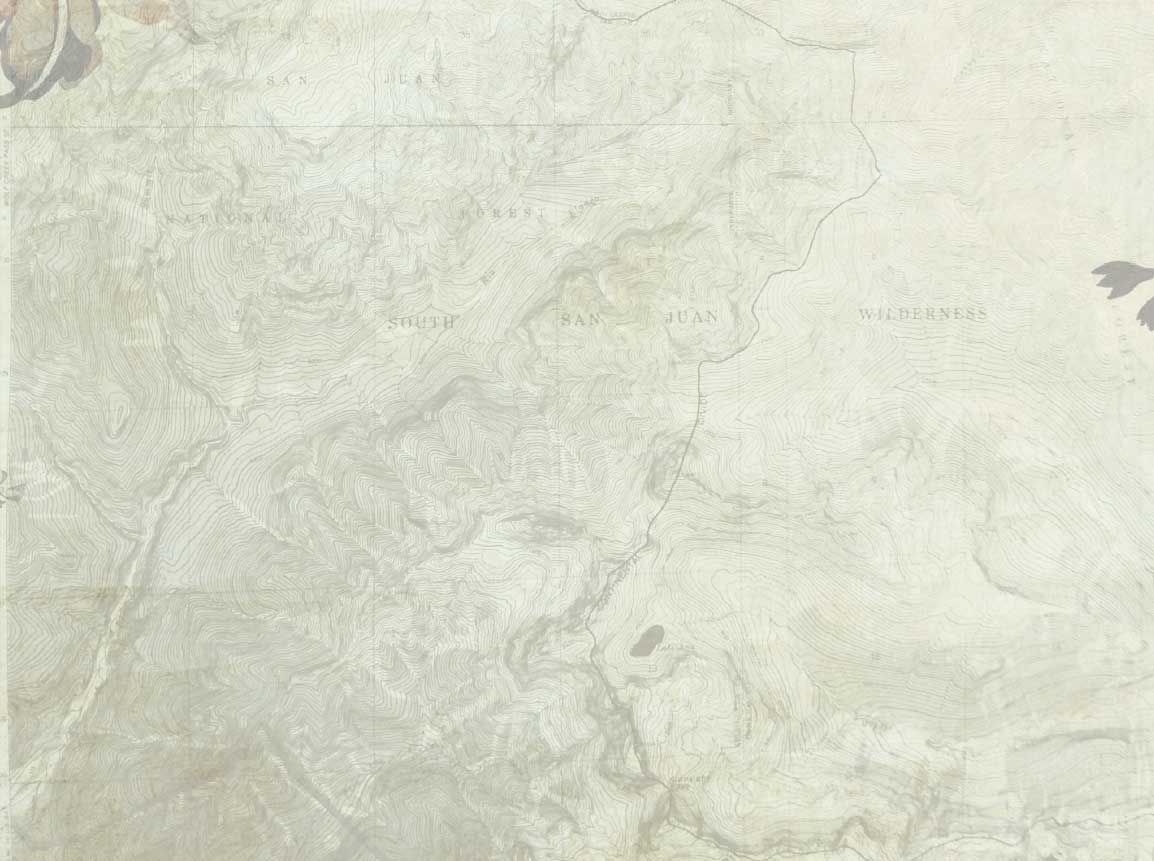Humans like certainty. Not just in moments such as knowing that the other driver will heed

a red light when your direction’s light turns green. We like certainty all of the time. We want certainty that our unborn child will develop without disability or deformity. We want to know our relationships will last until our hair turns grey. We want certainty that our business initiative will succeed, or that a medical procedure will produce a positive outcome. We grouse when the scientists at NOAA make an incorrect weather prediction. Yet, the world on which we sit spins with no regard for our need for certainty.
Being able to live in uncertainty, with some degree of comfort, is a key leadership quality. It involves being open to more than one interpretation and consciously allowing — even encouraging — new possibilities to sprout. Conscious ambiguity recognizes that new ideas, new perceptions, and new actions, all will bring about disruption and incertitude. Hiring a new executive, installing a new process, and reorganizing a company all produce ambiguity, at least in the short term. Ambiguity is a place of fertile possibility, unrestricted by certainty.
A need for certainty runs the risk of inaction. It can create a drain on resources and morale, as so much is vetted before a decision is made. The need for certainty in decision-making can stall motivation, momentum, and morale. Decision-making always involves a measure of ambiguity. A lack of action by needing certainty allows the clock to tick away another minute, the calendar to pass to another year.
As a leader, a quest for certainty can, in of itself, become a strategy or an imperative, either spoken or implied. In business, a low tolerance for ambiguity will create a culture with greater control, structure, policies, procedures, and cultural norms. As a leader, how are you with uncertainty and ambiguity? How well do you live in the question, rather than live in the answers? Do you suffer being in the unknown, or do you welcome a state of unknowing as freedom, a blank canvas, a sense of wonder of what could be around the corner?
I leave you with this thought, from comedienne Gilda Radner:
I wanted a perfect ending. Now I’ve learned, the hard way, that some poems don’t rhyme, and some stories don’t have a clear beginning, middle, and end. Life is about not knowing, having to change, taking the moment and making the best of it, without knowing what’s going to happen next. Delicious ambiguity.”
Delicious ambiguity.
Click Here to Download a PDF of the Article: Ambiguity in Leadership

